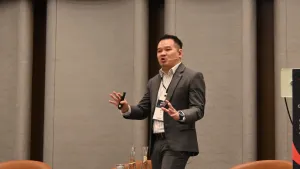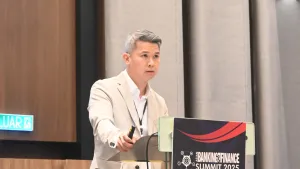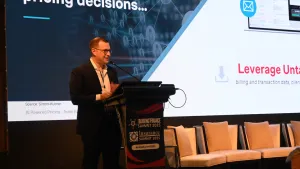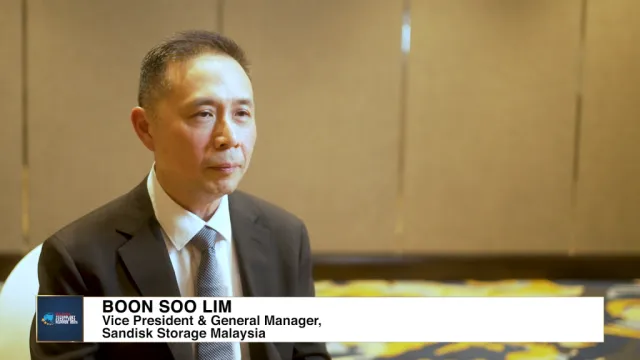
Mewaspadai potensi gejolak di perbankan dari SWF Indonesia
Sebuah "pagar institusional" seharusnya melindungi fungsi dasar perbankan dari dana tersebut.
Sovereign wealth fund (SWF) baru milik Indonesia, yang diluncurkan pada Februari dan diikuti oleh gejolak pasar, dapat menimbulkan risiko sistemik dalam sistem perbankan jika kekhawatiran terkait transparansi dan campur tangan politik diabaikan, menurut para analis.
“Risiko sistemik muncul ketika likuiditas dan kepercayaan publik terganggu, terutama jika muncul persepsi bahwa dana publik digunakan untuk agenda di luar perbankan,” kata Andry Satrio Nugroho, head of the Center for Industry, Investment dan Trade Institute for Development of Economics and Finance (INDEF) kepada Asian Banking & Finance.
Danantara, yang dimodelkan mengikuti SWF sukses seperti Temasek milik Singapura dan Khazanah milik Malaysia, bertujuan mengoptimalkan pengelolaan aset negara termasuk bank, serta mendorong pertumbuhan ekonomi.
Saat peluncuran dana tersebut, Indeks Harga Saham Gabungan (IHSG) anjlok hingga 7%, sementara nilai tukar rupiah merosot ke titik terendah sejak krisis keuangan Asia 1998, dibebani oleh kekhawatiran terhadap agenda ekonomi Presiden Indonesia Prabowo Subianto dan gejolak politik negara baru-baru ini.
Danantara berencana mengambil alih pengelolaan tujuh perusahaan negara, termasuk tiga bank yaitu Bank Negara Indonesia, Bank Rakyat Indonesia, dan Bank Mandiri, yang merupakan bank terbesar di Indonesia.
Nugroho menekankan perlunya “pagar institusional” yang kuat untuk memastikan pemisahan peran strategis Danantara dari fungsi intermediasi bank-bank negara. Dana pihak ketiga harus tetap dikelola secara ketat oleh bank dan tidak boleh dikonsolidasikan ke dalam modal Danantara, tambahnya.
Ia juga menyoroti bahaya stagnasi inovasi di bank milik negara akibat keruwetan birokrasi. “Jika semua inovasi harus mendapat persetujuan dari perusahaan induk yang mungkin tidak memahami perbankan digital, bank akan kehilangan kelincahannya.”
Nugroho juga memperingatkan potensi munculnya risiko fiskal tersembunyi apabila sumber pendanaan Danantara terkait dengan anggaran negara yang terbatas.
Wahyu Jatmiko, asisten profesor bidang perbankan dan keuangan di University of Southampton, mengatakan bahwa taruhannya sangat besar, dengan proyeksi aset kelolaan mencapai US$900 miliar dari awalnya US$20 miliar.
Menurutnya, keberhasilan Danantara bergantung pada legitimasi, strategi investasi, dan tata kelola.
Ia mencatat bahwa Dana Pensiun Pemerintah Norwegia dan Temasek Singapura meraih kesuksesan melalui konsensus pemangku kepentingan yang kuat, strategi investasi yang berkelanjutan, serta standar tata kelola yang ketat.
Ia menambahkan bahwa kemampuan dana tersebut untuk meraih kepercayaan publik bergantung pada independensi dan transparansi. “Kurangnya transparansi bisa memicu moral hazard dan korupsi, seperti yang terjadi pada skandal 1MDB di Malaysia,” katanya.
Jatmiko juga menekankan pentingnya konsensus politik dan sosial. SWF yang sukses juga cenderung fokus pada investasi jangka panjang di bidang teknologi dan kesehatan, serta menghindari proyek-proyek yang merusak lingkungan.
Investasi berisiko rendah
BNI berharap langkah ini dapat mendorong pertumbuhan ekonomi dan mengoptimalkan aset negara.
“Danantara membuka peluang bagi bank milik negara untuk fokus pada ekspansi dan efisiensi operasional, sementara Danantara beroperasi sebagai manajer aset profesional tanpa membebani anggaran negara,” kata Okki Rushartomo, Sekretaris Perusahaan BNI melalui tanggapan tertulis.
“Sebagai bagian dari ekosistem keuangan nasional, kami melihat Danantara sebagai strategi utama Indonesia untuk membangun sistem ekonomi yang lebih kuat dan kompetitif,” tambahnya.
Donny Oskaria, Chief Operating Officer Danantara, mengatakan bahwa tata kelola merupakan prioritas utama, dengan perekrutan personel berdasarkan kompetensi dan profesionalisme, di antara hal-hal lainnya.
“Kami bekerja langsung dengan BUMN dan melihat potensi besar dalam menekan risiko penipuan,” katanya kepada wartawan dalam acara roundtable di Jakarta pada Februari.
Chief Investment Officer Danantara, Pandu Patria Sjahrir, mengatakan bahwa mereka akan fokus terlebih dahulu pada investasi berisiko rendah untuk memastikan stabilitas.
“Untuk saat ini, kami akan menghindari investasi berisiko tinggi dengan imbal hasil tinggi,” katanya dalam acara yang sama. “Fokus utama kami adalah tata kelola.”
Dana kekayaan negara ini juga tunduk pada pengawasan, termasuk audit oleh Badan Pemeriksa Keuangan (BPK) untuk memitigasi risiko dan mencegah penyalahgunaan kewenangan, lanjutnya.
Meski ada berbagai jaminan, Nugroho menyarankan adanya penyempurnaan lebih lanjut atas fungsi Danantara, termasuk membatasi keputusan besar dalam Rapat Umum Pemegang Saham (RUPS). Ia juga menekankan bahwa Danantara tidak boleh ikut campur dalam operasional harian bank.
Ia mengusulkan pembentukan unit tata kelola khusus di dalam Danantara yang bertugas mengawasi sektor keuangan dan menciptakan sistem pelaporan berdasarkan service level agreement bukan melalui perintah langsung.
“Perbankan adalah jantung dari sistem keuangan nasional,” kata Nugroho. “Jika kita salah langkah, dampaknya bisa bersifat sistemik.”
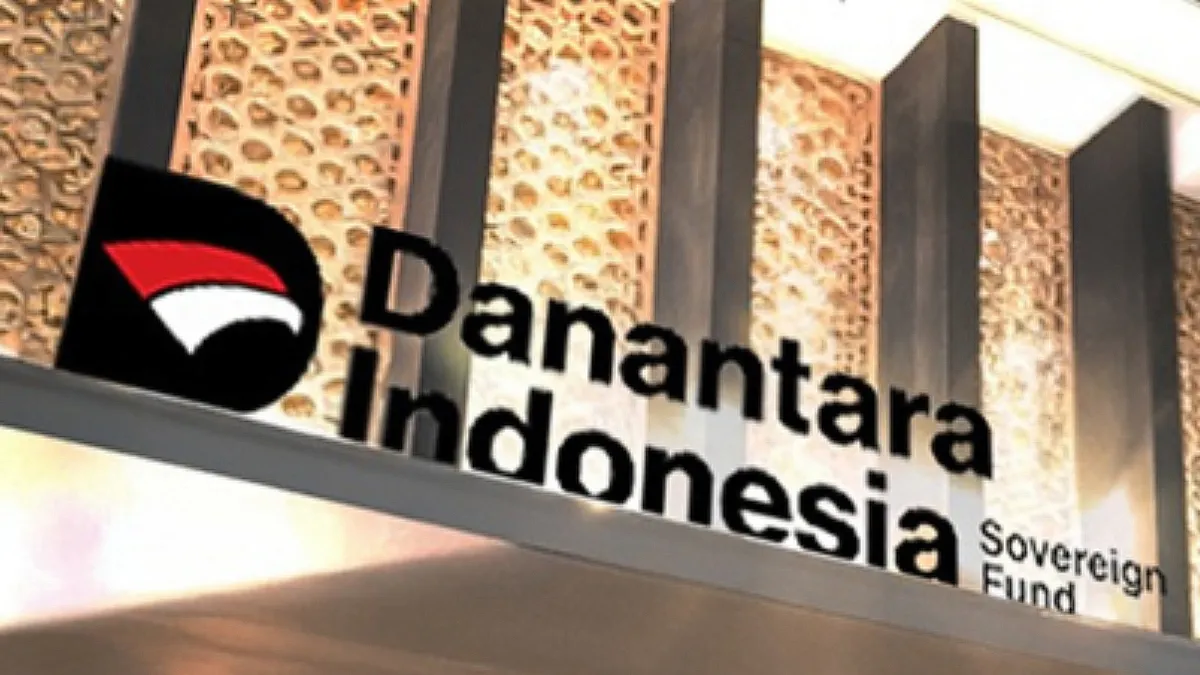


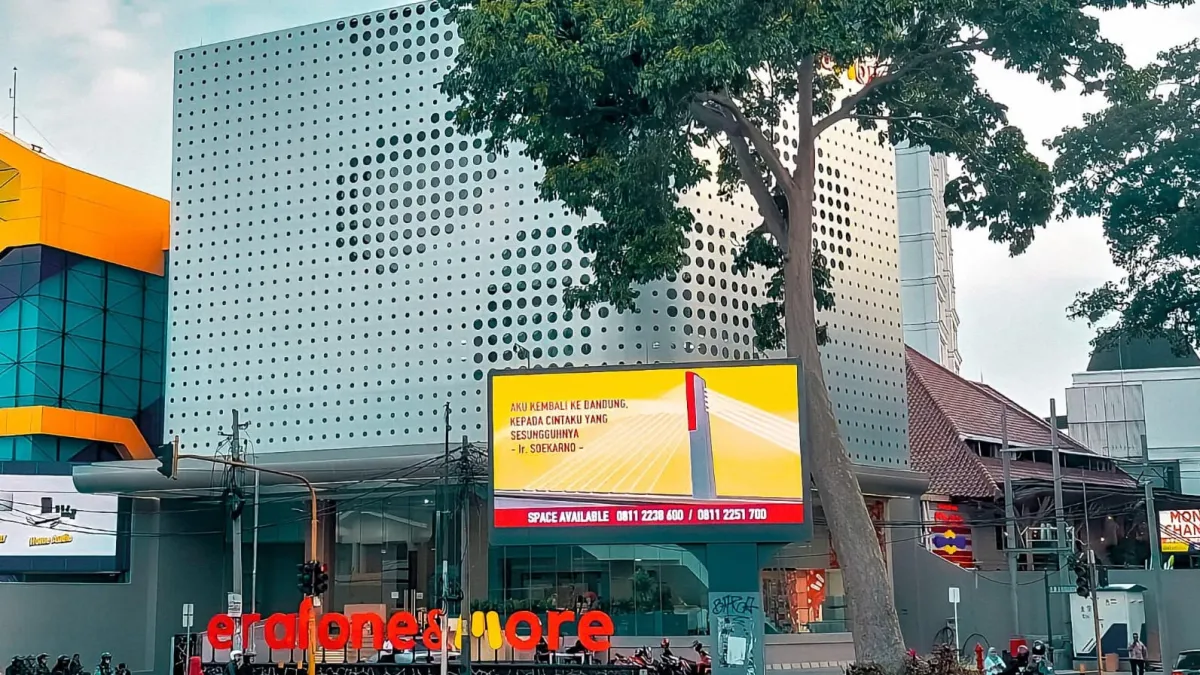







 Advertise
Advertise

